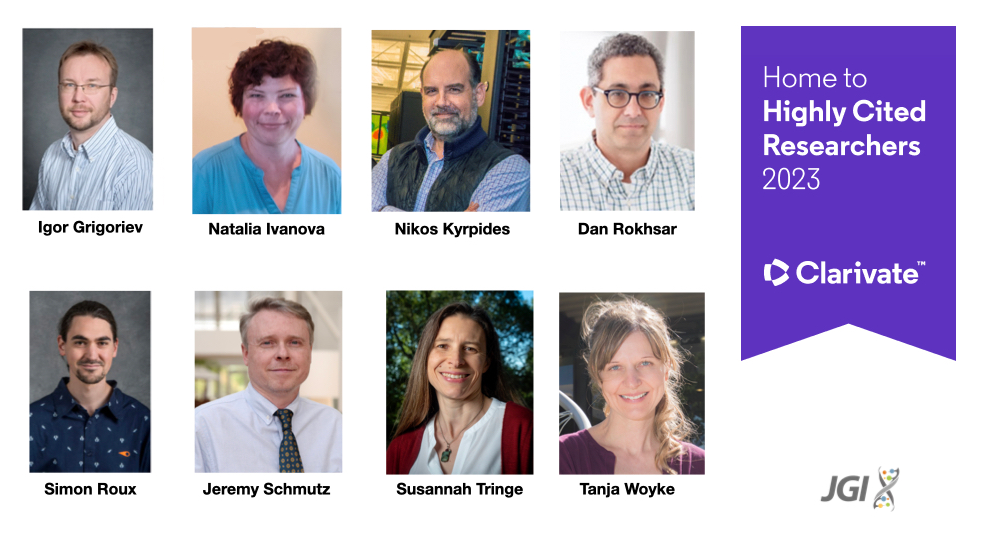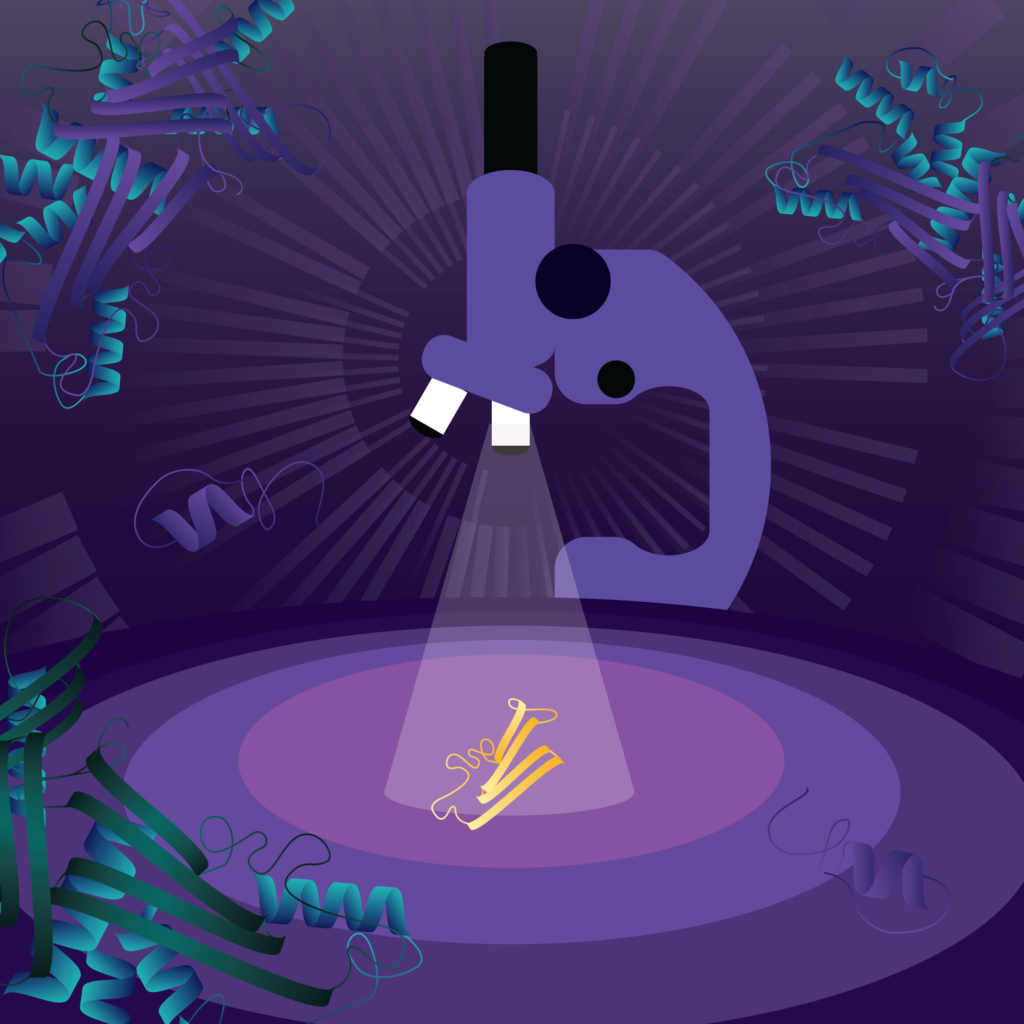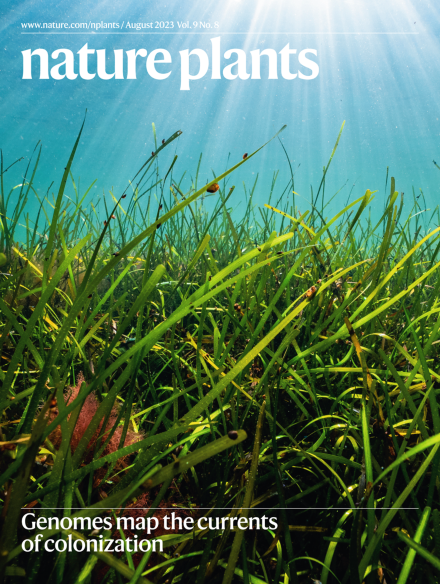
Congratulations to the 2023 Highly Cited Researchers from the JGI recognized for their “significant influence in their chosen field or fields through the publication of multiple highly cited papers during the last decade” by Clarivate Analytics.
This year’s list features 6,849 individual researchers from 67 countries. Those from the JGI whose publications rank in the top 1% by citations for field and publication year are:
- Igor Grigoriev (Cross-field)
- Natalia Ivanova (Biology and Biochemistry)
- Nikos Kyrpides (Biology and Biochemistry)
- Dan Rokhsar (Cross-field)
- Simon Roux (Biology and Biochemistry, Microbiology)
- Jeremy Schmutz (Cross-field)
- Susannah Tringe (Microbiology)
- Tanja Woyke (Biology and Biochemistry, Microbiology)
These researchers have contributed to several articles in the past year, including:

Nikos Kyrpides, Natalia Ivanova and Simon Roux, along with data from a consortium that included Susannah Tringe and Tanja Woyke, were all instrumental in the development of the Novel Metagenome Protein Families (NMPF) Catalog. Published in the October issue of Nature, the study highlights the vast functional diversity of microbes by looking at protein function within them.
Kyrpides and Roux also worked together on the development of a new software tool called geNomad that identifies and classifies mobile genetic elements based upon their gene content and their genetic sequences. Roux was first author on a study featuring a new program called iPHoP, which combines and evaluates multiple predictions to reliably match viruses with their archaea and bacteria hosts.

Jeremy Schmutz’s 2023 published work included investigating sphagnum moss and the role the plant’s sex plays in its resiliency, as well as a Nature Plants study identifying colonization patterns in eelgrass.
Igor Grigoriev’s recent work includes the discovery of anaerobic fungi’s ability to break down lignin, the hardiest of plant components and a key barrier when breaking down biomass. He was also senior author on a study which identified new genomes highlighting the diversity of white rot fungi in the genus Lentinula.
Dan Rokhsar looked to the evolutionary history of strawberries as part of a study to develop a method for identifying polyploid subgenomes without needing to know the genomes of their ancestors.
Tanja Woyke contributed to a study in ISME Journal that identified flagella in the terrestrial ancestors of marine-dwelling Chloroflexota, as well as a Nature Microbiology study that leveraged population genomics to investigate archaeal hitchhikers and found that, while they often act as parasites, others actually help their hosts.